The Indigenous People of Biafra (IPOB), a separatist group advocating for the secession of southeastern Nigeria, initiated a sit-at-home protest in August 2021 to demand the release of their leader, Nnamdi Kanu, who faces terrorism charges. The protest led to significant economic disruptions and a climate of fear in the region. A report by SBM Intelligence revealed that over 700 people have died in Nigeria’s southeast due to the sit-at-home protest since 2021. The fatalities resulted from the killing of civilians who defied the weekly stay-at-home order and clashes between IPOB and Nigerian security forces. IPOB’s enforcement tactics, including arson, looting, and targeted assassinations, have created a climate of fear. While there was a high rate of compliance with sit-at-home orders in 2021
Despite IPOB’s official suspension of the weekly protest, factions within the group and other armed entities continue to enforce it violently. The unrest has also caused significant economic disruption, with estimated losses exceeding 7.6 trillion na … ). While initial compliance with the protest was high, public support has significantly waned, with many now participating out of fear.
In March 2025, IPOB accused the Nigerian government and military of attempting to use the sit-at-home order as a means to discredit the movement. The group reaffirmed its commitment to self-determination and called for the unconditional release of its detained leader, Nnamdi K … . IPOB claimed that security agencies had played a role in enforcing the sit-at-home despite the group’s official suspension of the order. The statement suggested that the government aimed to turn the Igbo population against IPOB by attributing economic disruptions to the movement.
The sit-at-home protests have also led to increased tensions between IPOB and regional authorities. In October 2024, IPOB warned Anambra State Governor Charles Chukwuma Soludo against the continuous intimidation of Biafrans, defending the sit-at-home as a voluntary act of solidarity with Nnamdi Kanu. The group emphasized that the protests were not a result of coercion but rather a peaceful means of expressing displeasure over Kanu’s prolonged detention.
The Nigerian government has labeled IPOB a terrorist organization, and the secessionist conflict, beginning in 1967, resulted in a three-year civil war with over a million casualties. The current situation echoes the region’s tragic past, particularly the Biafra civil war of the 1960s, which claimed over a million lives.
As of June 2025, the sit-at-home protests continue to impact the southeastern region of Nigeria, with ongoing debates about their effectiveness and the underlying issues driving the unrest.

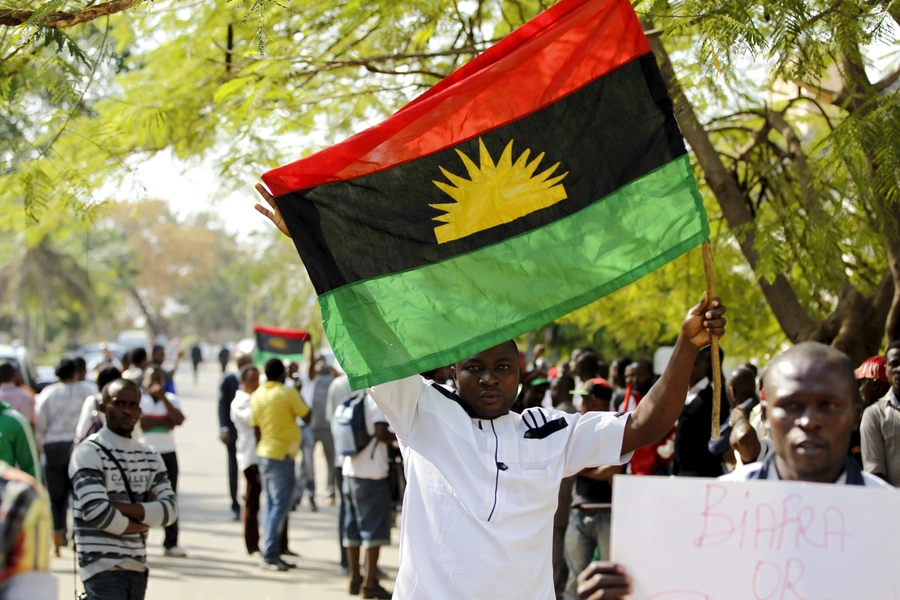



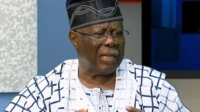
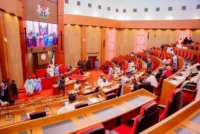

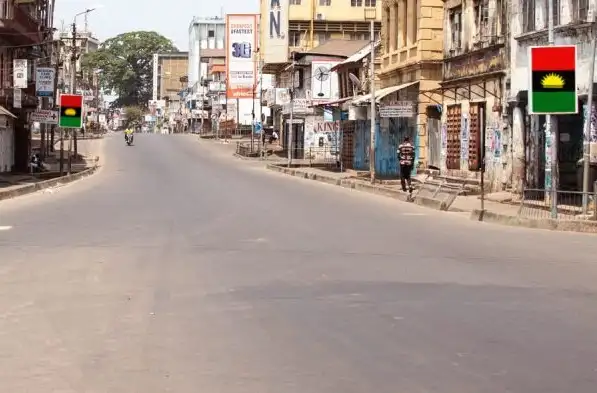

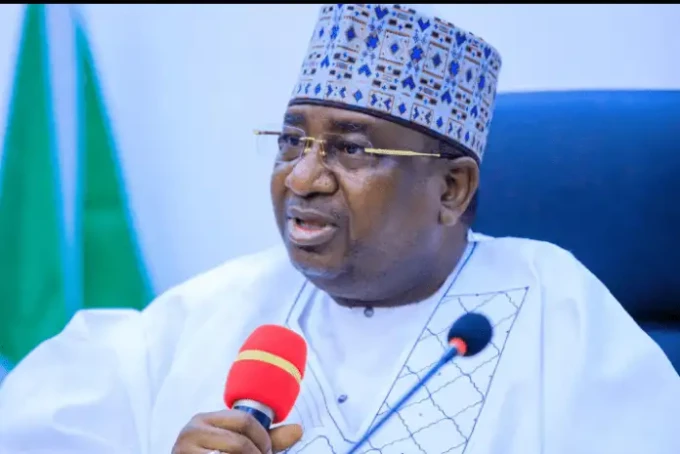

Do you think these sit-at-home protests are effective or just causing more harm? Whats your take on the situation?
Is the violence justified in the name of protest? Are there better ways to address grievances? Lets discuss.
I dont agree with the violent nature of these protests. There are better ways to fight for rights without causing harm.
I believe the Sit-at-Home protests are a powerful form of resistance, but the high death toll is concerning. Is there a better way to make a statement peacefully?